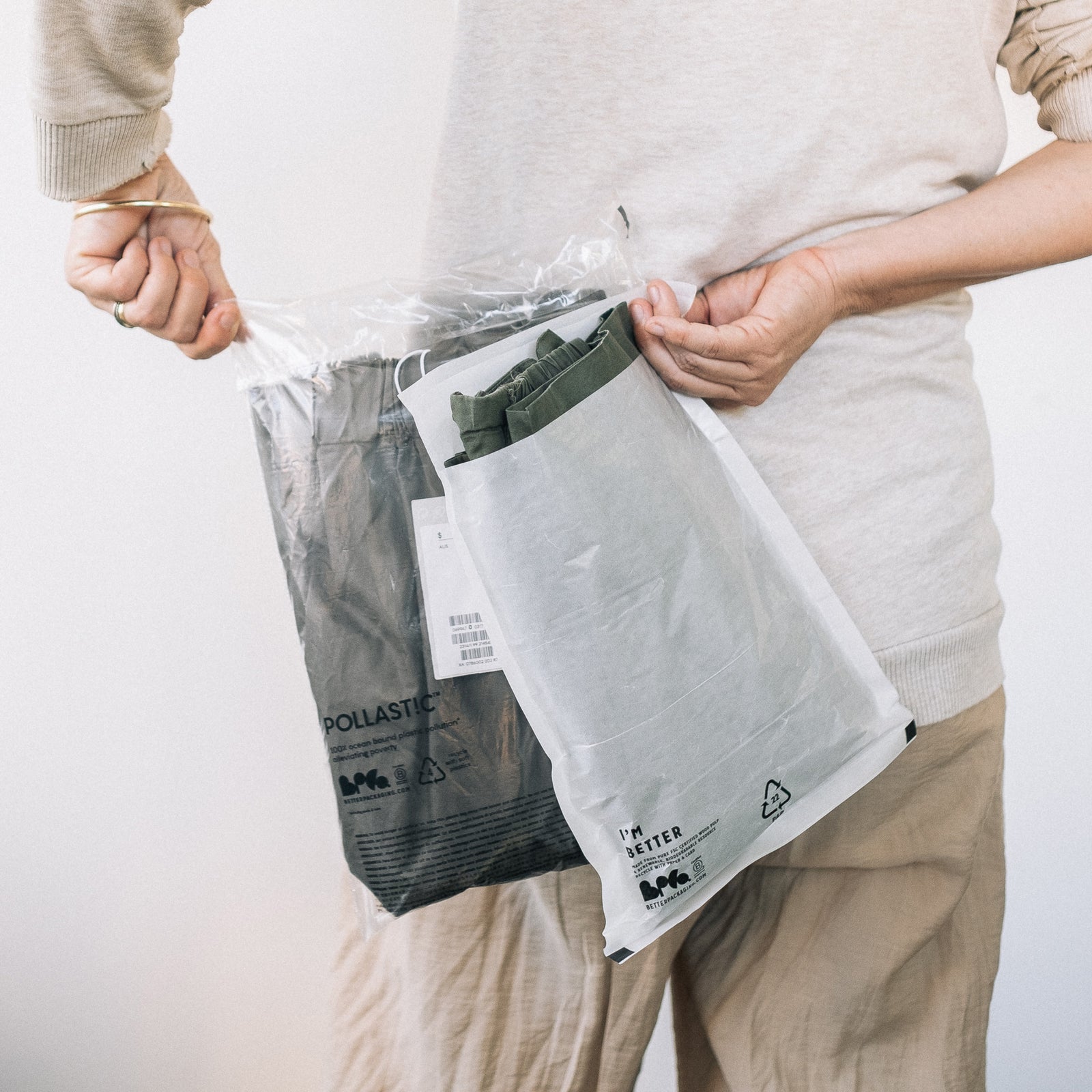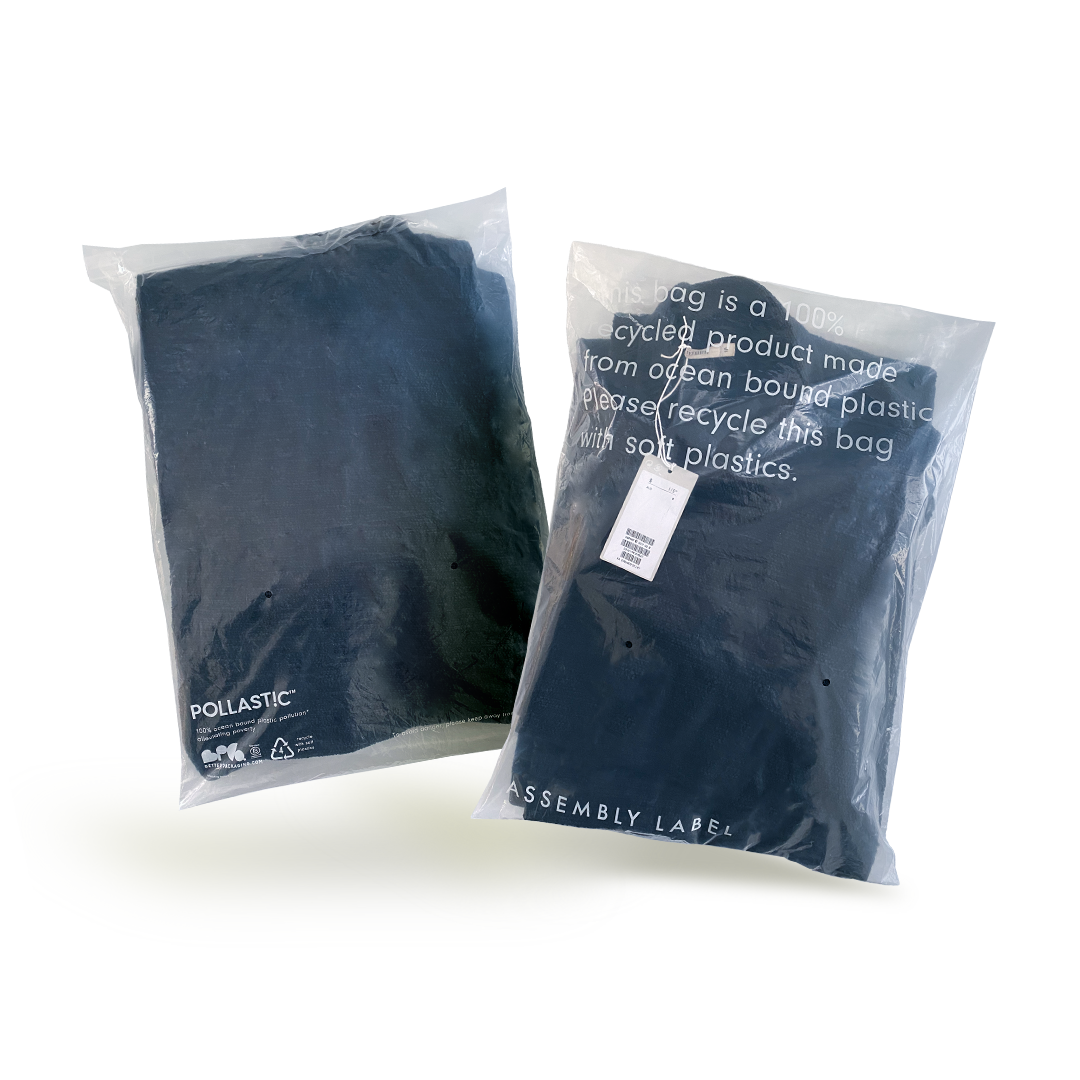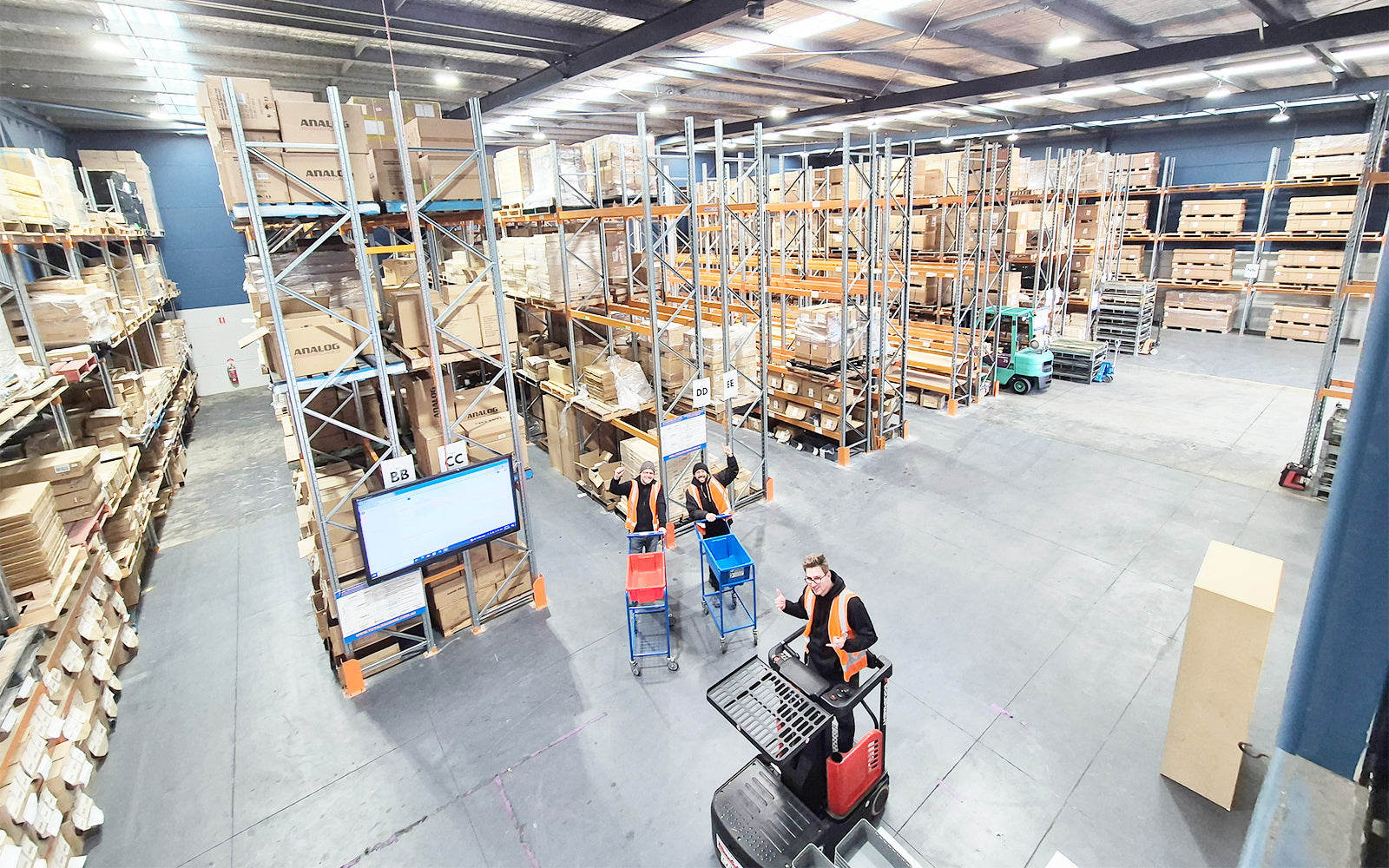WHAT IS SUSTAINABLE BUSINESS?
WHAT IS SUSTAINABLE BUSINESS?
Sustainable businesses are those actively looking for ways reduce their negative impact on the environment, and if possible make a positive impact instead! These companies are finding ways to use less resources, generate less pollution, and recycle more!
They are making their products more efficiently, packaging them better, delivering them in the lowest impact ways and greening their work environments. They are reducing the amount of waste they generate and what waste they do make, ensuring it is disposed of responsibly – preferably recycling it!
They may even be measuring their overall environmental footprint, taking steps to reduce it where possible and then offsetting the rest. They encourage their employees to have a sustainable mindset and to look for ways to help green the company’s operations. They may have even made a commitment to sustainability part of their business strategy, set sustainability targets and be reporting on their impact in the same way companies have for years reported on their financial performance.
Sustainable businesses are those actively looking for ways reduce their negative impact on the environment, and if possible make a positive impact instead! These companies are finding ways to use less resources, generate less pollution, and recycle more!
They are making their products more efficiently, packaging them better, delivering them in the lowest impact ways and greening their work environments. They are reducing the amount of waste they generate and what waste they do make, ensuring it is disposed of responsibly – preferably recycling it!
They may even be measuring their overall environmental footprint, taking steps to reduce it where possible and then offsetting the rest. They encourage their employees to have a sustainable mindset and to look for ways to help green the company’s operations. They may have even made a commitment to sustainability part of their business strategy, set sustainability targets and be reporting on their impact in the same way companies have for years reported on their financial performance.














